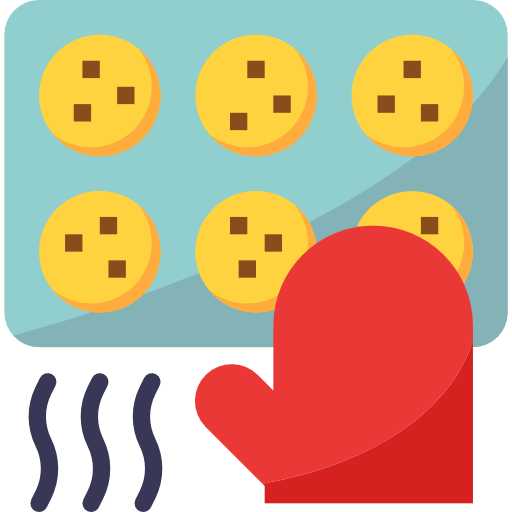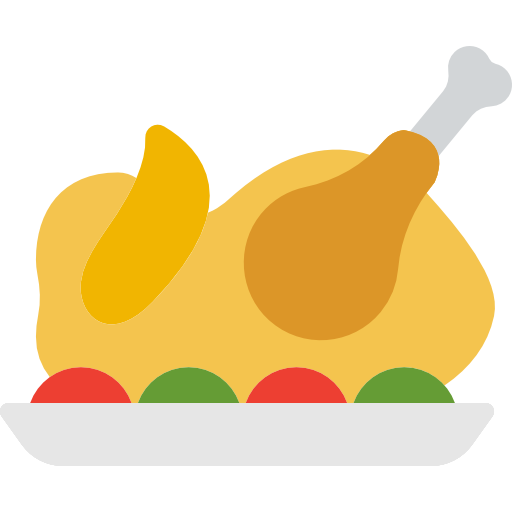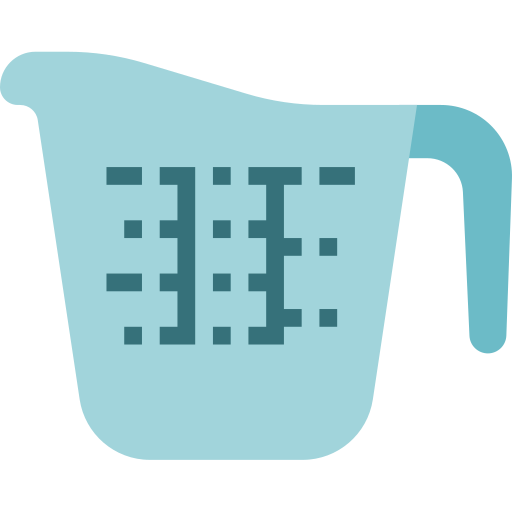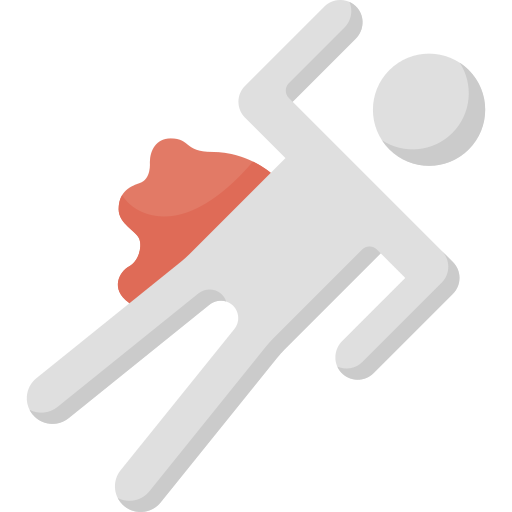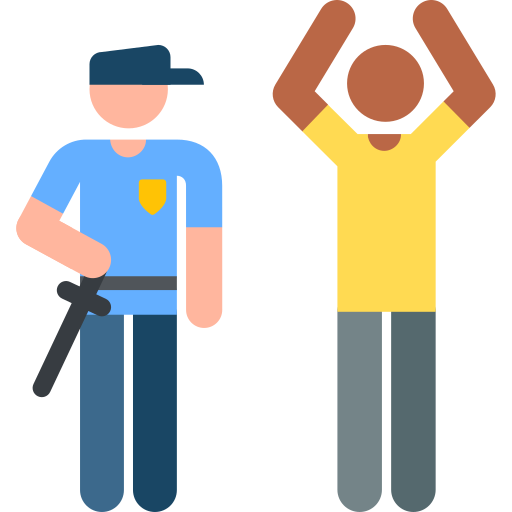PART A_1
Let’s introduce ourselves to each other.
自己紹介をしましょう。
PART A_2
My name is ________. Nice to meet you. What is your name?
PART A_3
I am ________. Nice to meet you too. Let’s start our lesson.
PART B_1
We will read aloud the words below. Please repeat after me. I will check your pronunciation.
単語を音読します。講師に続いて読みましょう。講師は発音を確認します。
(Please send the mispronounced words and expressions to your student.)
PART B_2
| lent |
貸す
|
| digital camera |
デジタルカメラ
|
| adventure book |
冒険物語
|
| poems |
詩集
|
| bookstore |
書店
|
PART B_3
Now, let’s review some words from part B_2.
ではいくつかの単語を復習してみましょう。
(Please review the mispronounced words and expressions from part B_2.)
PART B_4
PART C_1
We will read aloud the sentences below. I will check your pronunciation and intonation.
文を読みます。講師が発音、イントネーションについて確認します。
(Please send the mispronounced words and expressions to your student.)
PART C_2
| 1. | I hear that you will study in Australia next year. |
| 2. | I think that Australia would be a nice place to study English. |
| 3. | I hope that everything goes well. |
| 4. | My sister, Hana, lent me her digital camera. |
| 5. | She gave me an adventure book. |
PART C_3
Now, let’s review some words and expressions from part C_2.
ではいくつかの単語、文章を復習してみましょう。
(Please review the mispronounced words and expressions from part C_2.)
PART C_4
PART D_1
We will read aloud the dialogue below. I will check your pronunciation and intonation.
会話文を読みます。講師が発音、イントネーションについて確認します。
(Please send the mispronounced words and expressions to your student.)
PART D_2
|
TUTOR:
|
Hi, Julia! I hear that you will study in Australia next year. |
|
STUDENT:
|
Yes, that’s true. I want to improve my English skills and I think that Australia would be a nice place to study English. |
|
TUTOR:
|
I agree. I hope that everything goes well. I am excited for you. |
|
STUDENT:
|
Thanks, Kate. My sister, Hana, lent me her digital camera. I’m going to send you some pictures. Also, I hope that you can visit me there. |
|
TUTOR:
|
That would be nice! I hope so too. My cousin visited Australia last year. She gave me an adventure book about Australia, I could also lend it to you if you want to. |
|
STUDENT:
|
Really? That would be a great help! Thank you, Kate. |
|
TUTOR:
|
You’re welcome, Julia. By the way, here’s the book of poems I borrowed from you last week. I had fun reading it. I am planning to go to the bookstore later to look for more books. |
|
STUDENT:
|
I am glad you liked it! |
PART D_3
Now, let’s review some words and sentences from part D_2.
ではいくつかの単語、文章を復習してみましょう。
(Please review the mispronounced words and sentences from part D_2.)
PART D_4
PART E_1
You will answer the questions below using the grammar topics you learned.
I will check if your sentences are complete and if the grammar is correct.
I will check if your sentences are complete and if the grammar is correct.
講師が質問しますので、習った文法を使って答えましょう。講師は文法と完全な文章であるかを確認します。
(Please send the sentences that need grammar corrections to your student.)
PART E_2
| 1. | How often do you study English? |
| Answer: | |
| 2. | Do you have a digital camera? |
| Answer: | |
| 3. | Have you read an adventure book? |
| Answer: | |
| 4. | Do you like reading books? |
| Answer: | |
| 5. | Do you often go to the bookstore? |
| Answer: | |
| 6. | Do you think it is okay to lend your things to your friends? |
| Answer: |
PART E_3
Now, let’s review your answers.
では、あなたの答えを復習してみましょう。その後、修正したあなたの答えを読んでみましょう。
(Please review your student’s answers by sending them in complete sentences. After that, ask your student to read aloud his or her corrected answers.)
PART E_4
PART F_1
Now, you will ask me the questions below using the grammar topics you learned.
I will check if your sentences are complete and if the grammar is correct.
I will check if your sentences are complete and if the grammar is correct.
今度は、あなたが講師に質問します。習った文法を使って文を作りましょう。
講師は文法と完全な文章であるかを確認します。
講師は文法と完全な文章であるかを確認します。
(Please send the sentences that need grammar corrections to your student.)
PART F_2
| Student: | ? | |
| Tutor: | No, I don’t have a book of poems. | |
| Student: | ? | |
| Tutor: | Yes, I like to visit Australia in the future. | |
| Student: | ? | |
| Tutor: | Yes, I lend my things to my friends. | |
| Student: | ? | |
| Tutor: | Yes, I have a digital camera. | |
| Student: | ? | |
| Tutor: | Yes, I think adventure books are fun to read. | |
| Student: | ? | |
| Tutor: | I usually go to the bookstore after class. |
PART F_3
Now, let’s review your answers.
では、あなたの答えを復習してみましょう。その後、修正したあなたの答えを読んでみましょう。
(Please review your student’s answers by sending them in complete sentences. After that, ask your student to read aloud his or her corrected answers.)
PART F_4
PART G_1
Let’s do a free talk about the following topics.
フリートークをしましょう。
(Please do a free talk if you have time left.)
PART G_2
What kind of books do you read?
Do you want to travel abroad?
Do you want to travel abroad?
PART G_3









